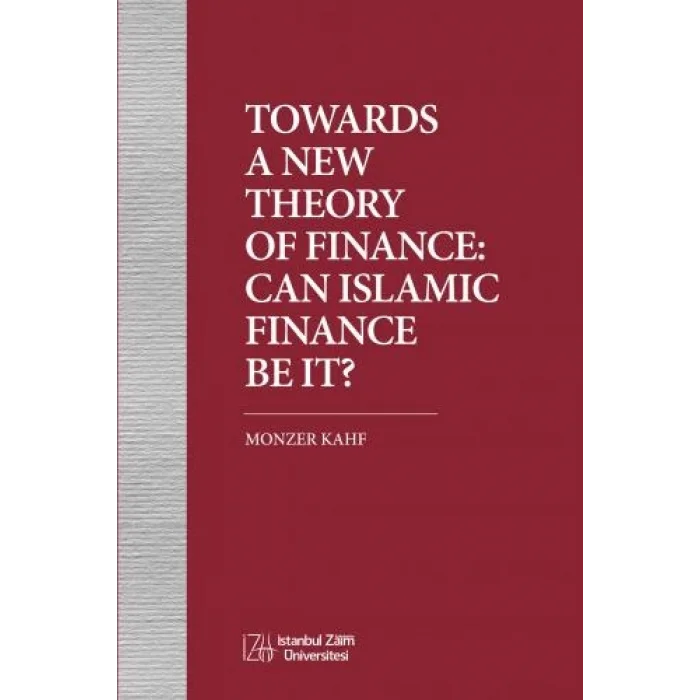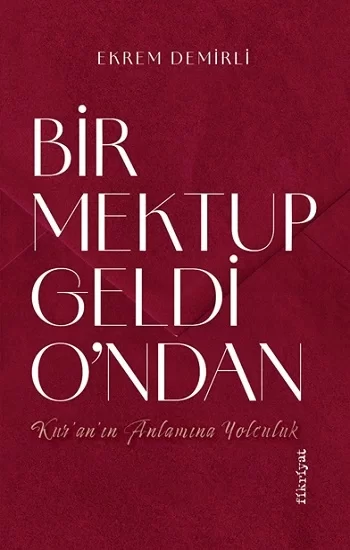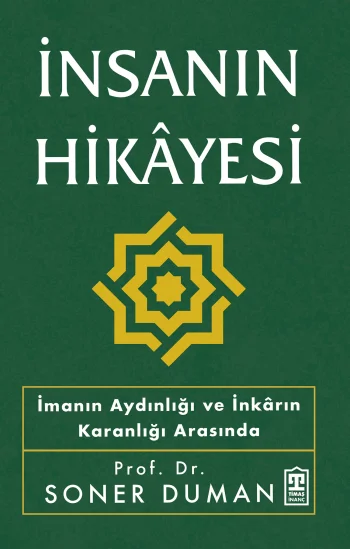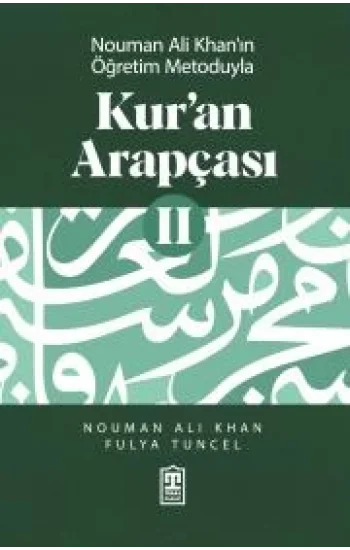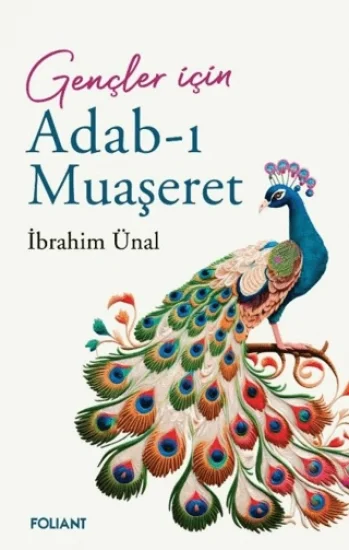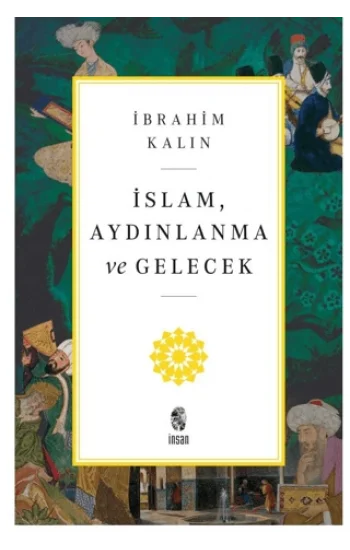This book is an attempt to discover a new theory ıf financial intermediation that restores to the financial sector and financial institutions their original function, and prevents them from causing crises in the real market. The suggested reform in financial intermediation would propose making financial intermediaries support the real sector of production and exchance instead of trading financial assets and derivatives.The proposed reform is inspired from the principles of Islamic finance, which require finance to utilize sale, lease, and sharing contracts, and avoid playing with debts’ trading and virtual financing. If all the financial activities are rechanneled throught such contracts, the whole economy’s saving and credit creation would only be available to increase the amount of added value created in the production and Exchange sectors. It would also maket he banking activities the main focus and the only task performed by the financial institutions and financial sector.The adoption of the Islamic finance methodology would make financial activities socially and environmentally friendly, in addition to being devolopmentally-oriented. It will also re-ad-dress the allocation of human and financial resources from derivaties and trading of debt to the real market in the form of finance and human talent availability for research and actual increase in the output of the real sector.We present this book with the hope that it will make a real difference in changing the direction of finance and economies around the world.All the 21 chapters are contributed by a selected team of my Ph.D. students.Monzer Kahf


